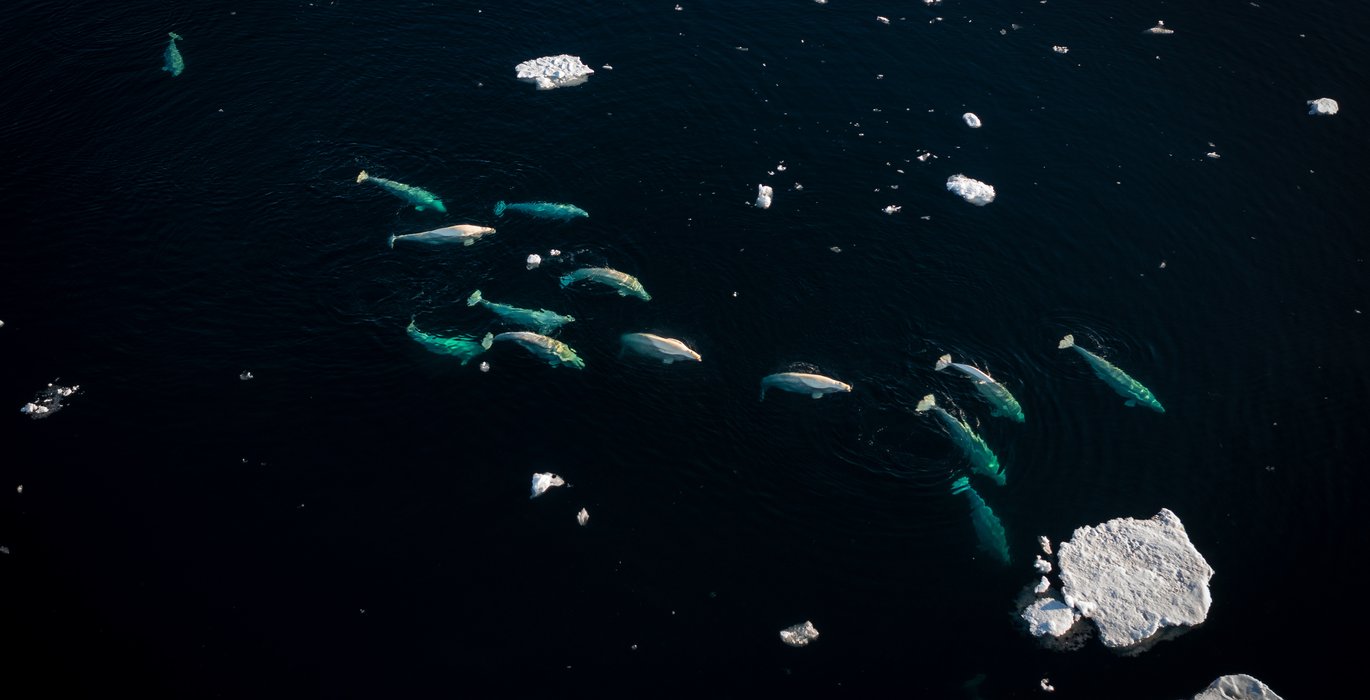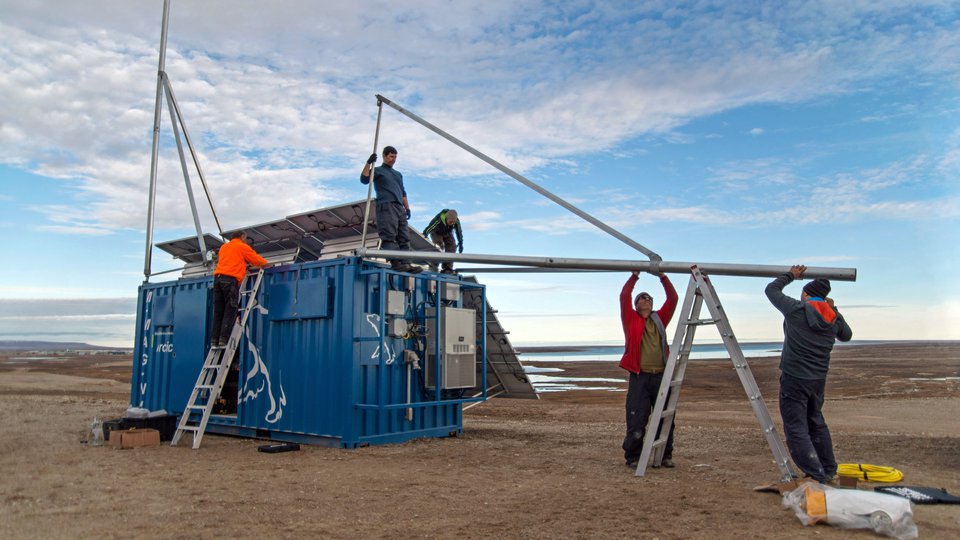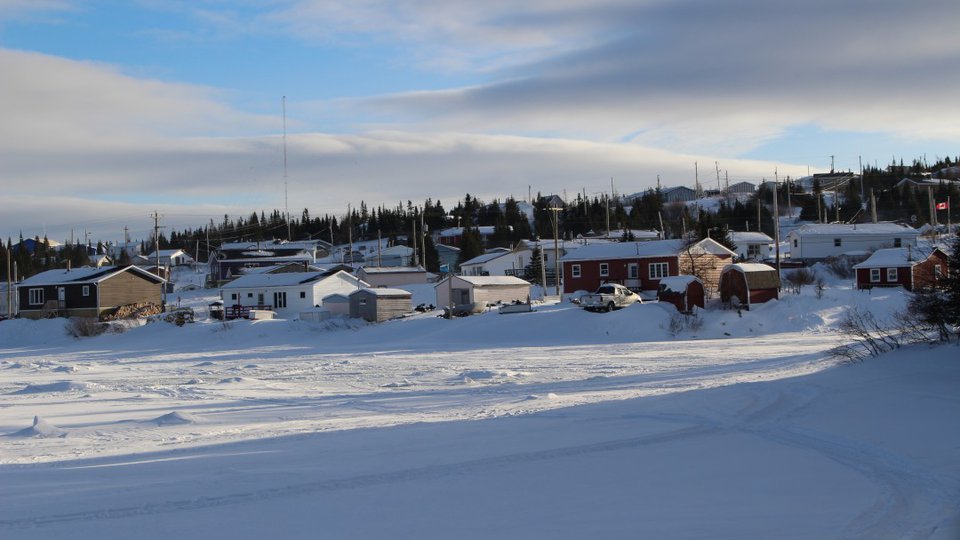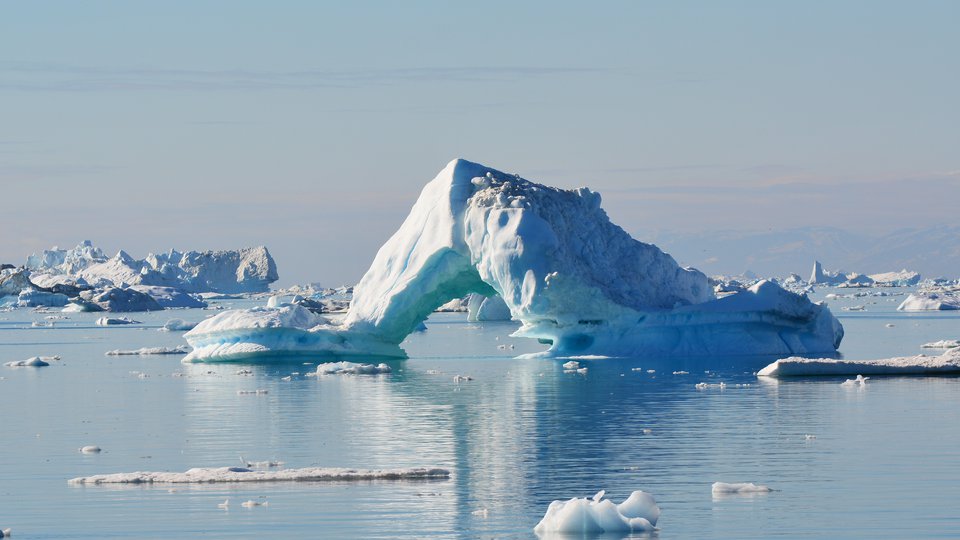
In academic Arctic research, a historical pattern emerges where Southern scholars venture North, swiftly gather data, then retreat to their Southern institutions for analysis. Yet, the implications of these studies ripple through Northern communities, impacting those directly affected by the outcomes.
How might incorporating an Inuit hunter-gatherer’s perspective improve Southern-style research? Bridging the gap between current research methodologies and aajiiqatigiingniq calls for a culturally appropriate approach, one that acknowledges the interconnectedness of research outcomes with the well-being of Northern communities.
Joe Kayakyuak Karetak, IQ Research Coordinator at The Aqqiumavvik Society, explains how collaborative working relationships, introducing Inuit Qaujimajatuqangit Principles, and leveraging the unique skills, knowledge, and time Northern communities and hunters dedicate to the land can benefit all.
Q: Why is it so important for researchers to be working alongside Inuit and communities and making sure that research is a collaborative effort?
A: One of the things that we started to notice was we're getting researched a lot, but we weren't getting anything back from it. That was one of the first reasons why we thought that we should start trying to get people to look at it from where we can benefit from it, too.
Because our way of thinking was also very different, if you have a holistic thinking perspective, you know that everything is interconnected at one time or another. It can be very distant, but it's still interconnected with everything else.
Research, especially the scientific way, was doing things that there had to be only a certain way that they were trying to resolve something. This was an issue when they were putting quotas and other things on animals through research. The methodology of which science was being used, we knew was really inaccurate as to the results of which they thought they were finding. The numbers they were talking about were really inaccurate.
We couldn't talk to them because they said, no, this is the method we have to use.
So when they're basing quotas on stuff that's affecting our lifestyle, we're starting to be quite concerned because if you included us, you would realize why this method doesn't work for what you're trying to actually do. If you're really looking at trying to get more accurate information.
Most of it was from a hunter-gatherer perspective that we wanted to start trying to influence science, because a lot of the time the decisions being made by Canada would be completely unconnected to our lifestyle and our existence. It was almost like they were doing science with us, not even existing there, or even never considering it was going to have an impact on us.
One of the things that we felt we could also do was enhance their research, even if it was to help them execute it better. If they're doing research with people, on people, we could help them connect. If there was animals or species they were looking at, or the effects of permafrost, we could say, well, you know, this area used to be frozen all the time. It's not frozen anymore. You have that history.
Being a part of it, making the community be a part of it, the research could also continue. Because a lot of the scientific research would be one time and then we never saw anything of it again. We thought that we could enhance their perspective of science and even help do a lot of the ongoing research and data collection when they're not in our area. They could have it 24/7 for the full year.
A: How can IQ principles be applied to research or used in tandem research?
Q: One of the principles that we thought, and again, it depends on how you do this and depends which field you're doing this, But aajiiqatigiingniq, which is a form that has multiple facets to it. It wasn't just about consensus building. It stays obligated to the holistic perspective though, so if we could introduce that to be part of the process, then whatever it is they're doing will have this consideration.
Qanuqtuurunnarniq is something that is designed to try to understand something, whether it's through observation, experience or by accident. You learn to do something
And so when you look through aajiiqatigiinniq, you have to consider how it's going to impact everybody else here. You could do research and then the decision that's going to be made, if you don't consider how it's going to impact people, it is not complete to us.
We don't mind that the research has to be done in sections, but the process in itself always has to include how it's affecting people up here.
Like if we were talking about global warming, we can give you more accurate information as to exactly how it's been going on, how it was further back on and how progressive it has become. The species that which never used to exist started existing at this time etc etc.
Again, we want to be able to take advantage of what they're finding. I think that if we had a better collaborative working relationship, and I think that not only are we asking them to be respectful of the people of which are up there, because they went up there as if we didn't even exist.
And again, we knew they were really wrong about some of the counting and counting methods they were using, and they need to change that. Especially from a hunter-gatherer society. We're very worried if they start studying something, because they can put a restriction on there that is totally unnecessary and it will really burden our society.
We want to make sure that is all part of being considered and that there are certain areas that we would like to see researched. We want to influence what's being researched.
When you look through aajiiqatigiinniq, you have to consider how it's going to impact everybody else here. You could do research and then the decision that's going to be made, if you don't consider how it's going to impact people, it is not complete to us.
Joe Kayakyuak Karek
Q: I remember you saying in your session that when you apply IQ to research a lot is being applied during the planning stage. What do you want to say to or what do you want to see from researchers who are maybe starting a project or thinking about a project? How would you want them to approach that?
A: Well, one of the things that we thought we could do and wanted to do, was help design the way that they could do research. Like, whatever the subject is, if it's in our community or near our area, then being culturally appropriate is something that we felt could be done. Now, the more we're able to participate, our positions will start to be understood a lot better.
The problem we had was that, we were giving the information they were asking for thinking there was going to be some kind of decision that was going to help us at the end. But they weren't.We can help you do research. We can do a lot of legwork. We can give you a lot of information of what already was done before, we could even give you the historic background of things. Hopefully, we would enhance your research. But we wanted to be able to have use of the results, and have what we're concerned about added to what it is.
Because again, especially if it's about the environment, they take one snapshot of a certain area and think that they can calculate the whole thing. It could just be a cycle. It like it's just going through a cycle of changes and they think that it's going to go this direction all the way now. You know, one year the caribou don't come, it doesn't mean they disappeared.
We know that there are species that go up and down all the time, and the weather has a lot to do with it. If humans are having a lot to do with it, then we would find out, Right? But we would at least have a more say in how this is going to be used.
Q: Have things gotten better? I know you can speak to your area and your community, but have you seen things improve?
A: When we start helping collect samples and data, we can get a lot more of it in 24/7. Instead of where they can only come for a very short time and then they take that small, tiny fraction of time and use that. That’s where they could help us learn to do what it is they're doing, so even when they get back, this thing can continue. I think it's to their advantage too, that any research they’ve got going can have continued follow-up.
Now, if you need specialized stuff to do research, that's a different thing. We understand that. But in terms of a lot of the methodical kind of data that data collection is, we can continue to do that, and it actually would cost them less and still get a lot of data.
Q: I think it's fair to say that success stories have been more collaborative and more inclusive. The project that you guys were involved with was essentially Inuit-led. Can you explain that project? Or maybe what a success story would be?
A: One of the ones that we felt would have been very difficult for someone who had a small window of time to research, like beluga sampling. If they went at the wrong time, weather wouldn't permit them to do it and that was their only window of opportunity to be there data samping. They would have said, ‘the weather was bad. We didn't collect samples. That's the end of the report.’
So when we got involved with collecting samples for belugas, we're using hunters. We're training hunters to do this. So as an organization, we're making hunters, the ones that are going out, learn how to do the sampling and give us the samples. In turn, they're getting paid for the samples, so that they get gas money, they get supply money. We're enhancing our community members by doing this.
The researchers’ chances of getting samples is now going to be all over the place because these hunters go a long ways and all over the place.
That is one of the examples of where I think that it was a win-win situation. And we do try to create a win-win situation. We definitely want to be able to enhance and support, and they're going to be satisfied with what they're trying to do and what they're trying to research.
But certainly having a collaborative working relationship is really what we're promoting. And I think that also helps our relationship with both peoples in this sense.





